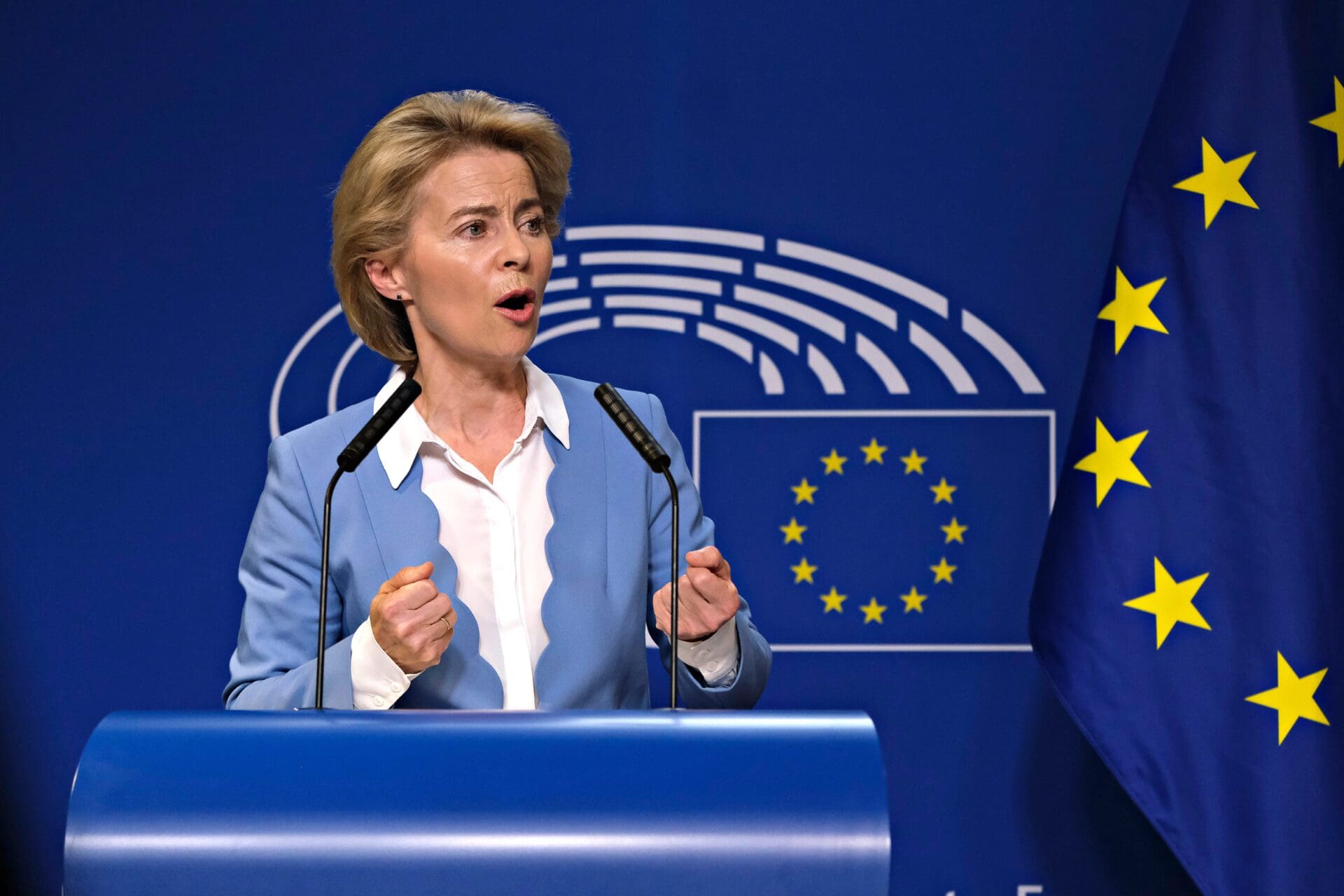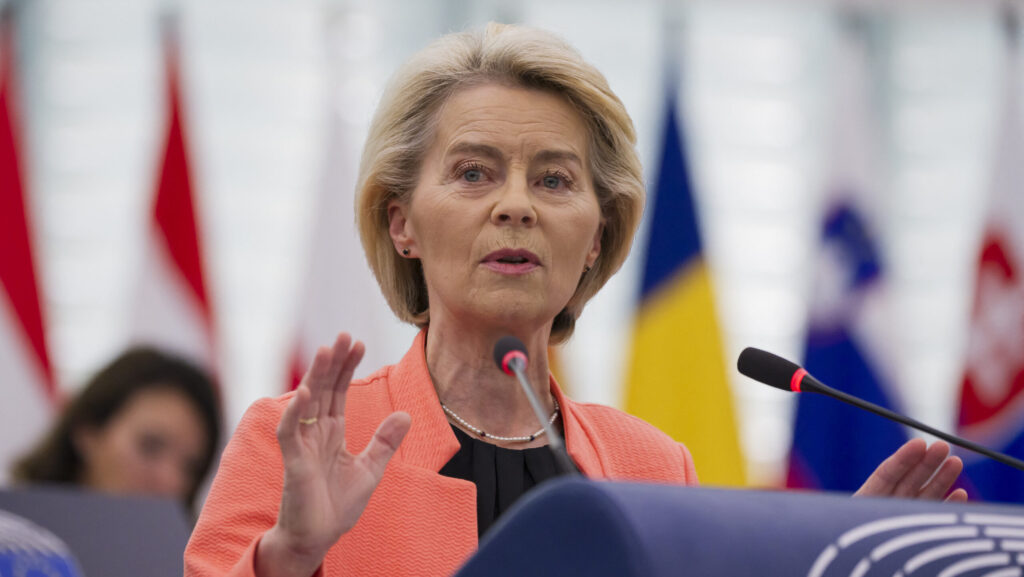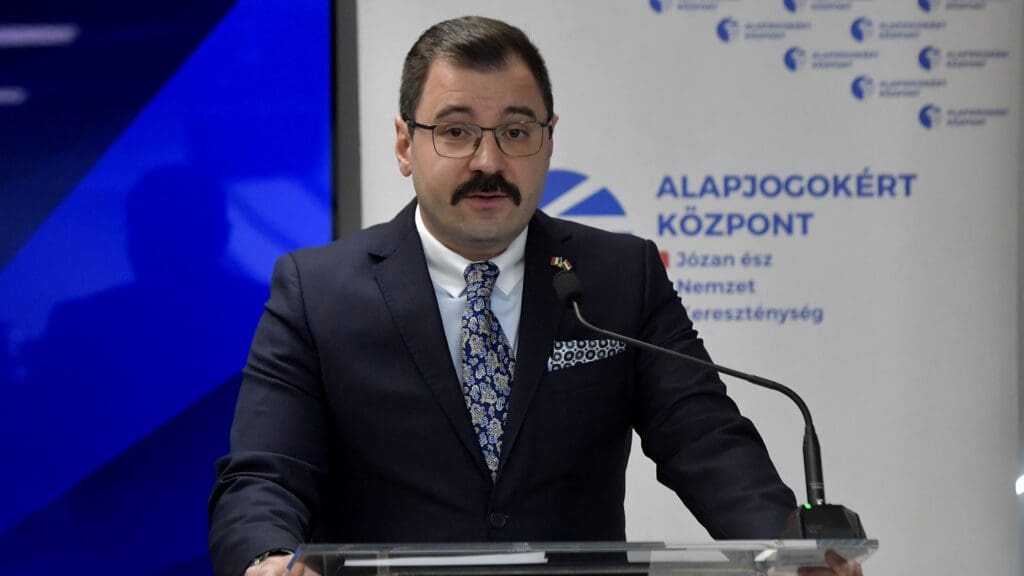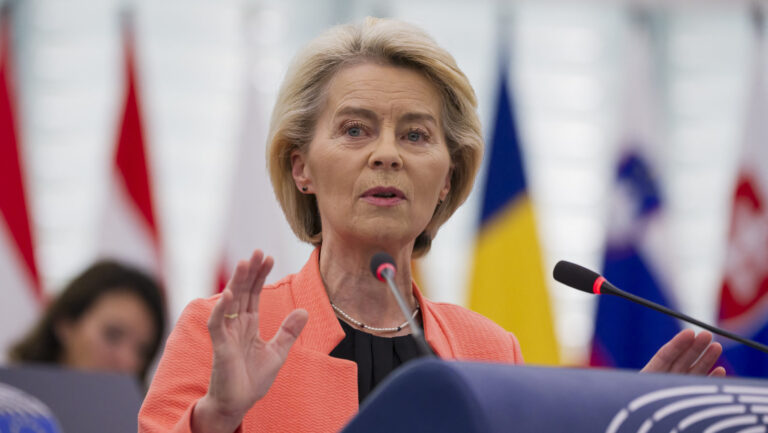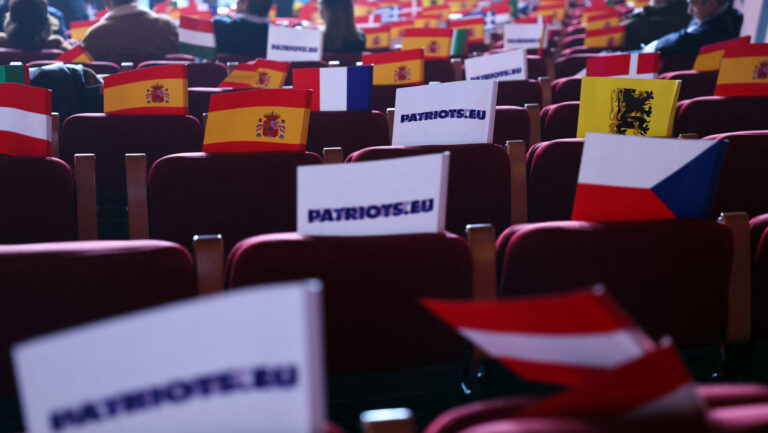The Measures
On 29 August in Slovenia, President of the Commission Ursula von der Leyen stated that ‘the increasing electricity prices are now exposing the inadequacies of our current market framework. It was created for many situations. We are therefore currently engaged in urgent intervention and electrical market structural reform.’
Her comments are an idication that the Commission has decisively retracted its earlier defence of the EU power market’s design, which comes in the wake of mounting pressure from member governments complaining that the system wasn’t built to handle the energy emergency brought on by the spike in prices following Russia’s invasion of Ukraine.
Governments have implemented policies ranging from direct household grants to price controls on electricity. However, with short-term spending already accounting for nearly 4 per cent of GDP in nations like Greece, MPs are fervently advocating for a European intervention.
‘We must overhaul the energy sector. The EU-level solution is unquestionably the greatest one we have,’ declared Czech Industry Minister Jozef Skela on Monday, announcing the summoning of an urgent gathering of the Union’s energy ministers for September 9. A European price restriction would ‘certainly be on the table,’ according to an official of the Czech government, which is now the rotating chair of the EU Council.
Market Overhaul
While earlier it was a minority viewpoint, the overhaul of the energy markets is becoming more and more popular across the EU.
German Chancellor Olaf Scholz said at a press conference in Prague that ‘it is necessary for us to make structural changes that contribute to prices sinking again quickly. There is great readiness to change something, and that seems to me to be very much mutual among the heads of state and government in Europe.’
Von der Leyen met with German Economy Minister Robert Habeck on Monday. According to press reports, she acknowledged that the region would require ‘a major restructuring of the electrical market’ after the emergency measures were in place. But the number of countries that are dissatisfied is growing after Spain and Portugal already received approval from Brussels to control natural gas prices. Alexander De Croo, the prime minister of Belgium, spoke with von der Leyen about a price ceiling last week. ‘The market is totally in trouble. We must take into account measures that were previously unimaginable, such as a full overhaul of the energy market’, according to a spokesperson of the Belgian energy ministry.
France has already implemented a national restriction on energy prices and has promised to ‘contain’ prices in 2019. Formerly opposed to any government intervention, Austria is now outspokenly in favour of it. On Sunday, Chancellor Karl Nehammer said: ‘We must finally put an end to the chaos in the energy markets. In its current state, this market will not control itself. I urge the EU27 to unite and put an urgent halt to this pricing explosion.’
Mateusz Morawiecki, the prime minister of Poland, suggested during a meeting with President Emmanuel Macron in Paris on Monday that the cost of CO2 emission in the current system of the EU emission allowances (EUA) should be frozen for two years at the level of EUR 30 per tonne. Coal-dependent Poland blames the high cost of electricity in the country on the EUA fees.
Hungary
The Hungarian economy firmly withstood the repercussions of the war, stabilising its gas and oil reserves. Even with the reserves filled to satisfactory levels, the government of Hungary has had to take some additional measures. At petrol gas stations, only Hungarian license-plated cars can buy fuel at the subsidised prices, and the utility cost reduction programme has als been modified, with now only consumers using an ‘average’ or below average amount of energy per year being eligible for capped fees, while all other end users must pay the market prices. While the opposition is busy backing those in Brussels who wish to reduce the amount of funds coming into the country from the EU, the government is working to secure the energy supply of Hungary. Recently, the Orbán government struck a deal with Russian Gazprom to import a large amount of gas to the country, making sure that there will be enough for the coming winter.

